What is Quantum Computing?
Quantum computing is a cutting-edge field of computer science that uses principles of quantum mechanics to perform calculations at speeds far beyond the capabilities of traditional computers. Unlike classical computers, which process information in binary form (using bits that are either 0 or 1), quantum computers use quantum bits or qubits, which can represent both 0 and 1 simultaneously, thanks to a property known as superposition. This ability allows quantum computers to solve complex problems more efficiently than classical computers.
Quantum computing is poised to revolutionize industries such as cryptography, drug discovery, material science, and artificial intelligence by solving problems that are currently intractable for conventional computers. As researchers and companies continue to make advancements, quantum computing is gradually moving from theory to practical applications, promising to transform how we approach computation and problem-solving.

How Does Quantum Computing Work?
To understand how quantum computing works, it's important to grasp some fundamental concepts of quantum mechanics:
Qubits: The basic unit of quantum information, a qubit, differs from a classical bit in that it can exist in a state of 0, 1, or both simultaneously (superposition). This capability enables quantum computers to perform multiple calculations at once.
Superposition: This principle allows a qubit to be in a combination of states (0 and 1) simultaneously, vastly increasing the computational power of quantum systems compared to classical computers, which can only process one state at a time.
Entanglement: A phenomenon where two or more qubits become interconnected, such that the state of one qubit instantly affects the state of the other, even if they are separated by large distances. This property allows quantum computers to perform complex computations more quickly and efficiently.
Quantum Interference: Quantum computers use interference to amplify the correct results of computations while canceling out incorrect outcomes, leading to faster and more accurate solutions.
These principles combine to give quantum computers their immense processing power, allowing them to tackle problems that would be impractical or impossible for classical computers.
Why is Quantum Computing Important?
Quantum computing represents a paradigm shift in the field of computation, offering the potential to solve problems that are beyond the reach of even the most powerful classical supercomputers. Its importance can be understood in terms of:
Speed and Efficiency: Quantum computers can perform certain calculations exponentially faster than classical computers. This can have significant implications for tasks such as cryptography, drug discovery, and climate modeling, where traditional computers struggle due to the sheer complexity of the computations.
Complex Problem-Solving: Quantum computing is particularly well-suited for problems that involve large datasets and require extensive parallel processing, such as optimizing supply chains, simulating quantum physics, or training machine learning models.
Cryptography and Security: Quantum computers have the potential to break traditional encryption methods, leading to a new era of quantum-resistant cryptography that is necessary to secure sensitive data in the future.
Key Features of Quantum Computing
Parallelism in Computation: Due to the superposition of qubits, quantum computers can process a large number of potential outcomes simultaneously, making them ideal for problems with many possible solutions.
Exponential Scaling: Adding more qubits to a quantum computer increases its computational power exponentially, unlike classical computers, where adding more bits results in linear growth.
Quantum Algorithms: Special algorithms, such as Shor's algorithm (for factoring large numbers) and Grover's algorithm (for searching unsorted databases), demonstrate the potential for quantum computing to outperform classical methods significantly.
High Computational Power for Specific Tasks: Quantum computers excel at specific types of problems, such as those involving large-scale simulations or optimization, but may not always outperform classical computers for all tasks.
Applications of Quantum Computing
Quantum computing's potential applications span multiple industries, providing groundbreaking solutions to various challenges:
Cryptography: Quantum computers can potentially crack existing encryption standards by factoring large numbers quickly. This capability drives the development of quantum-safe cryptography to protect data against future quantum attacks.
Drug Discovery and Healthcare: Quantum computers can simulate molecular interactions at a quantum level, accelerating the discovery of new drugs and treatments, and personalizing medicine.
Artificial Intelligence and Machine Learning: Quantum computing can speed up the training of machine learning models by quickly searching and optimizing large datasets, resulting in more accurate AI algorithms.
Financial Modeling: Quantum computers can optimize investment portfolios, analyze risk, and improve financial forecasting by simulating complex market behaviors more efficiently.
Logistics and Supply Chain Management: Quantum algorithms can be used to solve optimization problems in logistics, such as route planning and inventory management, leading to significant cost savings.
Climate Modeling and Weather Prediction: Quantum computing can simulate complex climate models with greater accuracy, helping to predict weather patterns and study the impact of environmental changes.
Material Science: Quantum simulations can help discover new materials with desirable properties by modeling atomic interactions, which can be used in industries like electronics and energy.
Challenges of Quantum Computing
While quantum computing holds immense potential, it faces several significant challenges:
Qubit Stability (Decoherence): Qubits are highly sensitive to their environment and can lose their quantum state (decoherence) easily, making it difficult to maintain stable computations.
Error Correction: Quantum computers require sophisticated error-correcting codes to detect and fix errors that arise due to decoherence or other quantum noise.
Scalability: Building large-scale quantum computers with a sufficient number of qubits remains a daunting technical challenge.
High Costs: Quantum computers are still in the experimental stage and require highly specialized and expensive equipment to operate, such as ultra-cold temperatures for superconducting qubits.
The Future of Quantum Computing
Quantum computing is still in its infancy, but rapid progress is being made in both hardware and software development. Major technology companies like IBM, Google, and Microsoft, along with startups like D-Wave and Rigetti, are investing heavily in quantum research and development. Quantum cloud computing services, where users can access quantum computers remotely, are also becoming more accessible, allowing researchers and developers to experiment with quantum algorithms.
In the coming decades, as quantum hardware becomes more robust and error correction techniques improve, quantum computing is expected to transition from a niche research area to mainstream technology, with profound implications for industries worldwide.
Conclusion
Quantum computing represents the next frontier in computational science, offering a new approach to solving problems that have long been considered unsolvable. With its potential to revolutionize fields such as cryptography, drug discovery, artificial intelligence, and logistics, quantum computing will likely reshape the technological landscape. However, overcoming current challenges related to stability, error correction, and scalability is crucial for unlocking its full potential. As research continues, quantum computing may soon become a game-changer in the digital age.

.jpg)







.png)
_(1).jpg)
_(2).jpg)
.jpg)

_(1).jpg)

.jpg)
.jpg)
.jpg)
.jpg)


.jpg)
_(1).jpg)
.jpg)
.jpg)


_(1).png)

.png)

1.png)


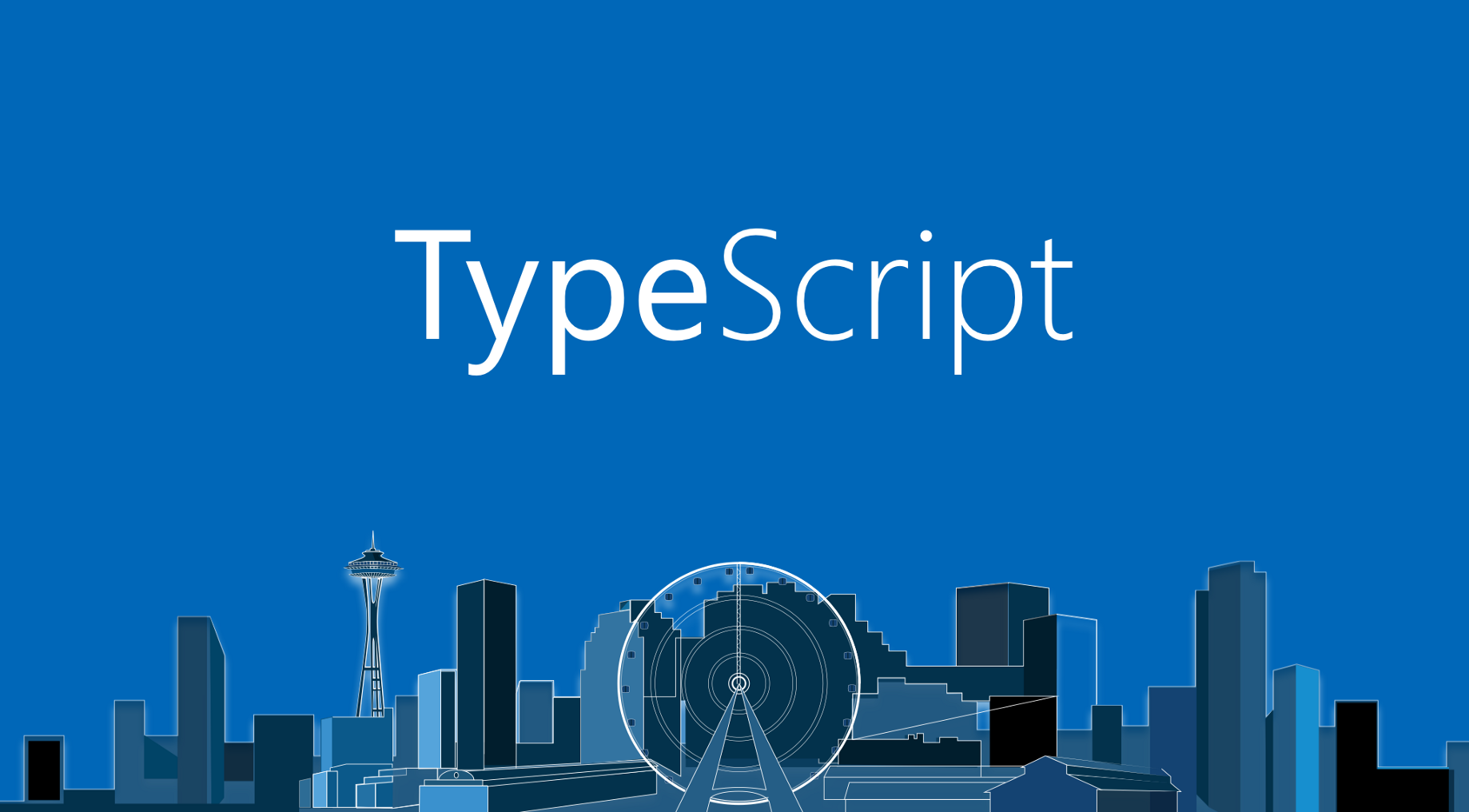


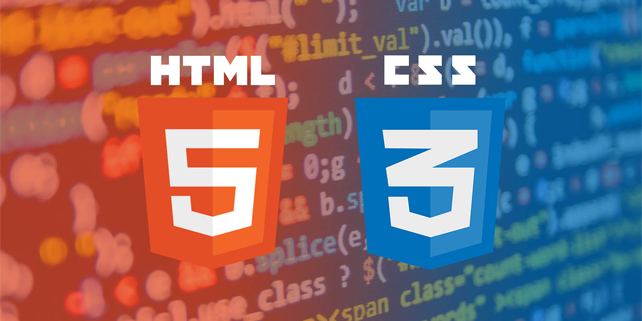




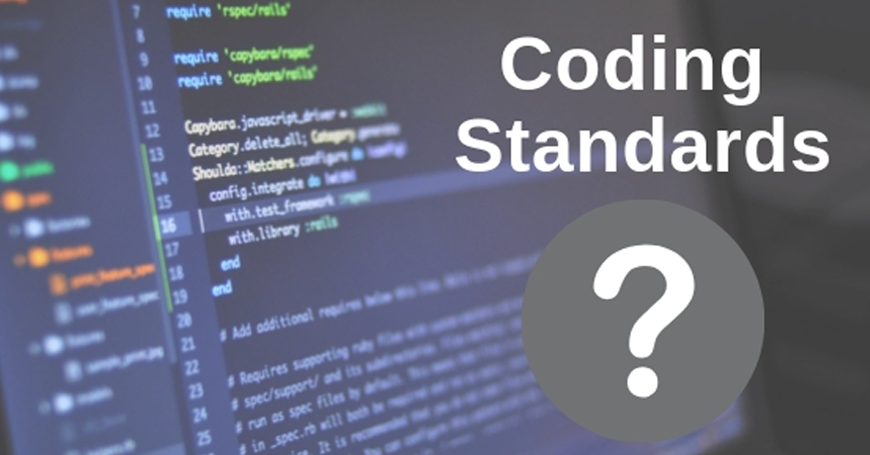
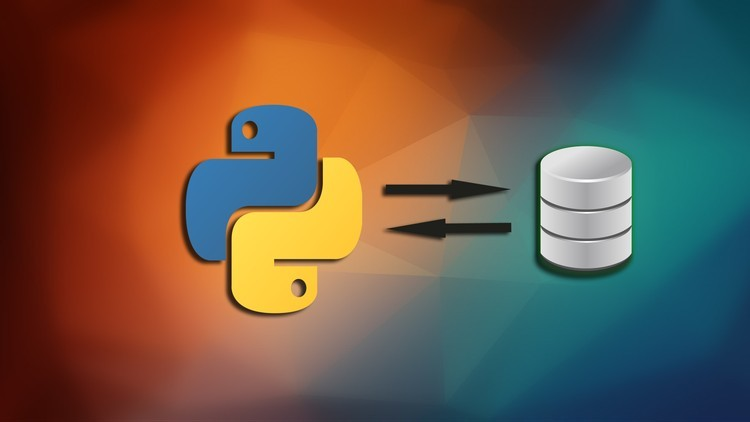




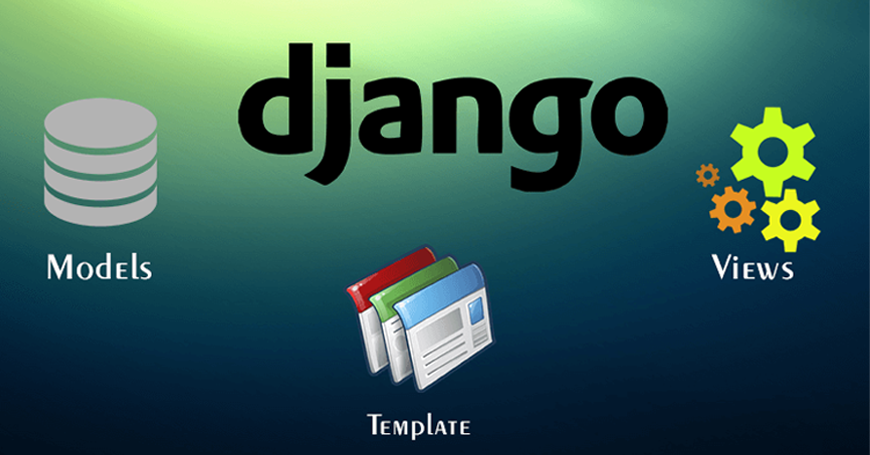




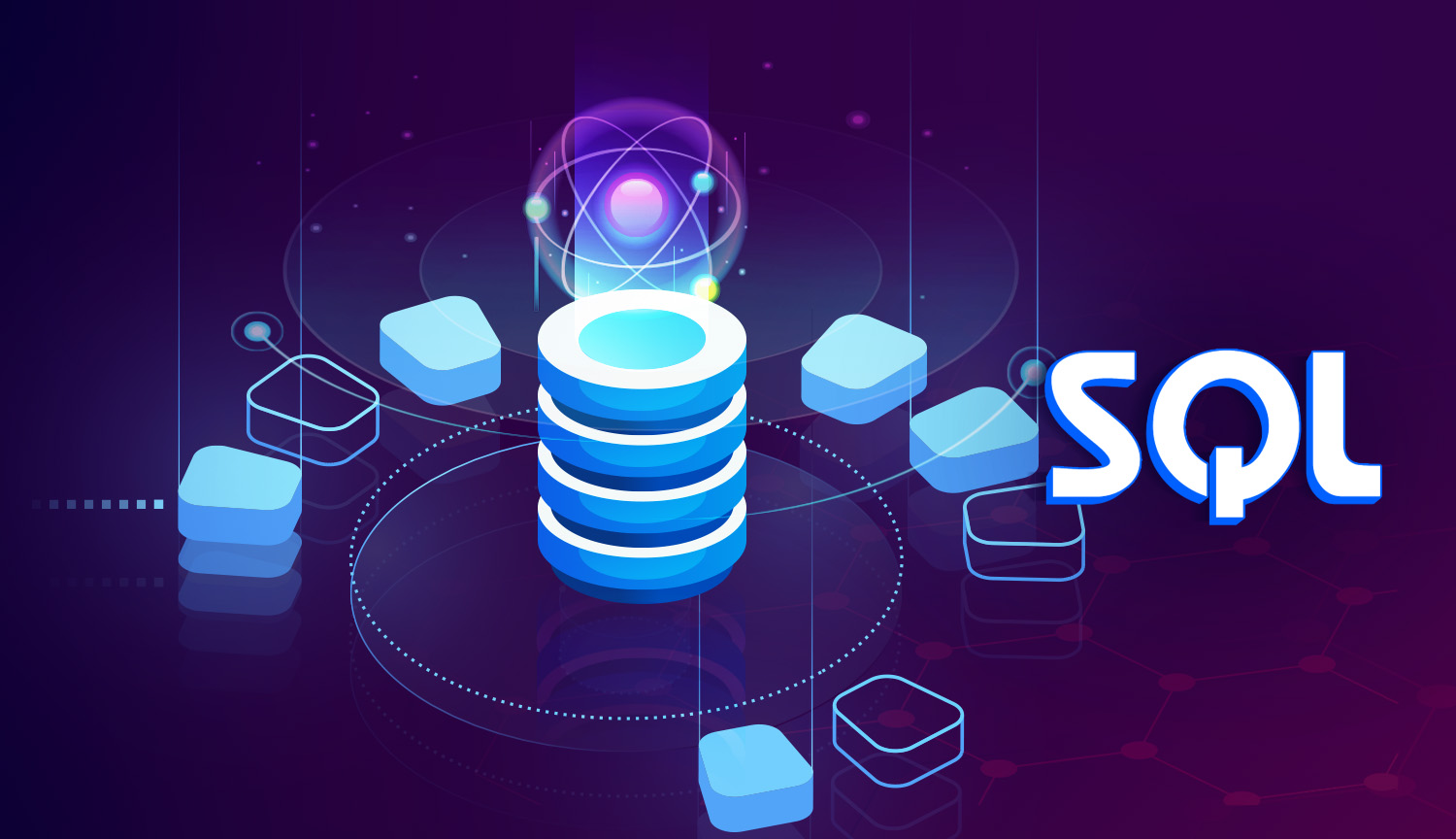


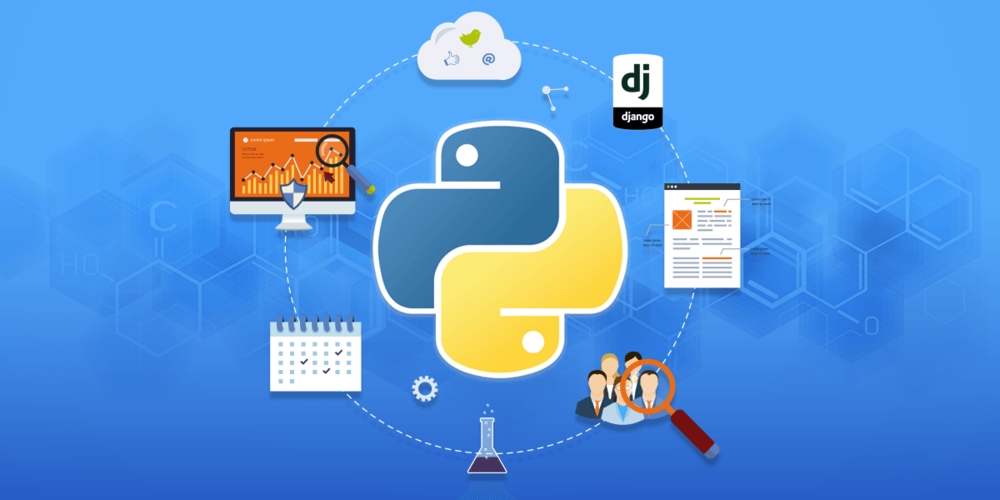
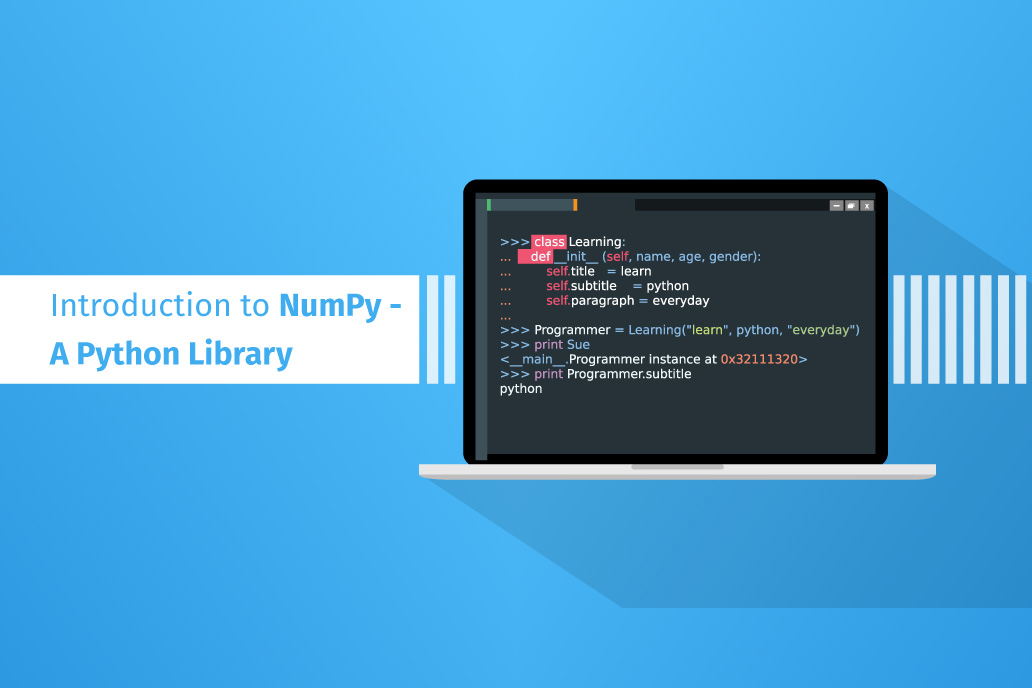
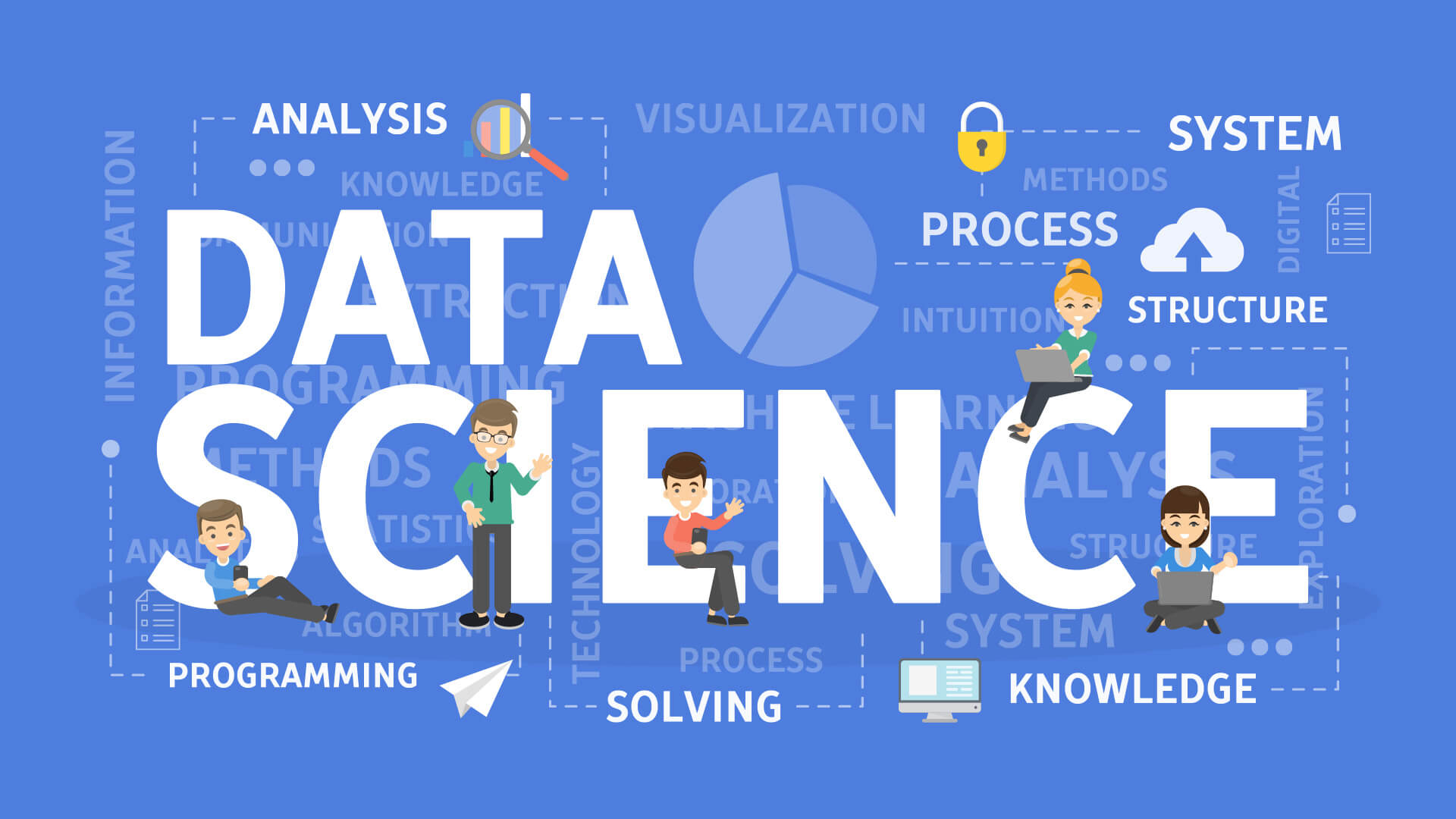


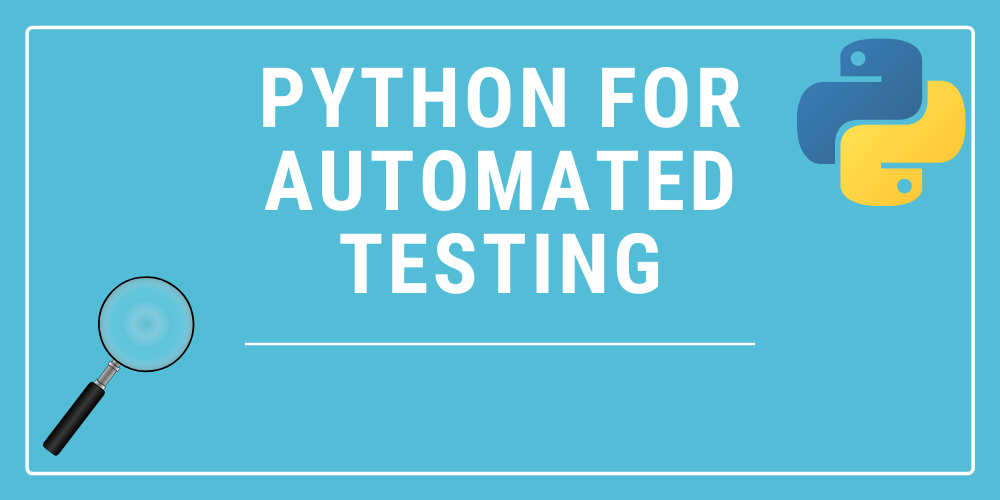


4.png)









0 Replies to “What Is Quantum Computing ?”
Leave a Reply
Your email address will not be published.